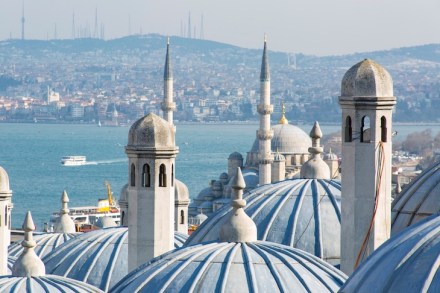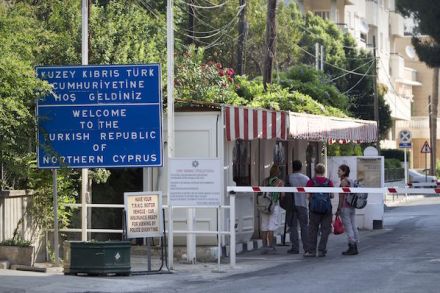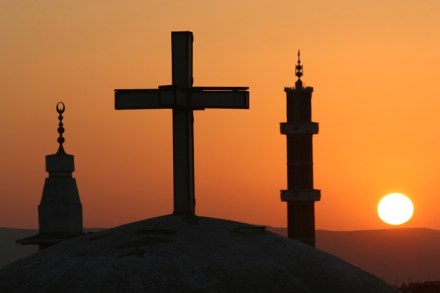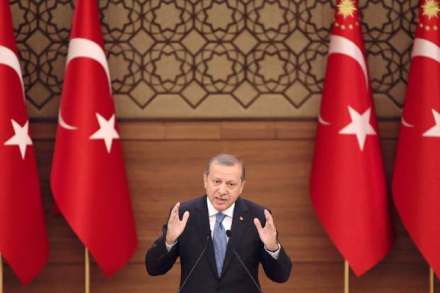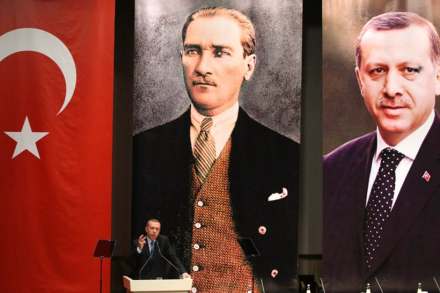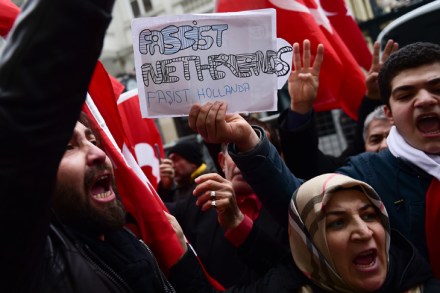Real life | 13 December 2017
If only I knew whether I would have a kitchen, I could order a turkey. But despite having an almost finished kitchen space, half the kitchen units are still stacked up in the dining room and a weighty impasse has developed over the delivery options for the rest of it. Naturally, the shop can deliver the cooker, dishwasher and worktops right now, but there will only be one man in the van and another man will be needed at my house to help him carry the worktops. I can’t carry them, and I am not remotely insulted by the gender bias this implies. Stefano, meanwhile, is refusing to come back



